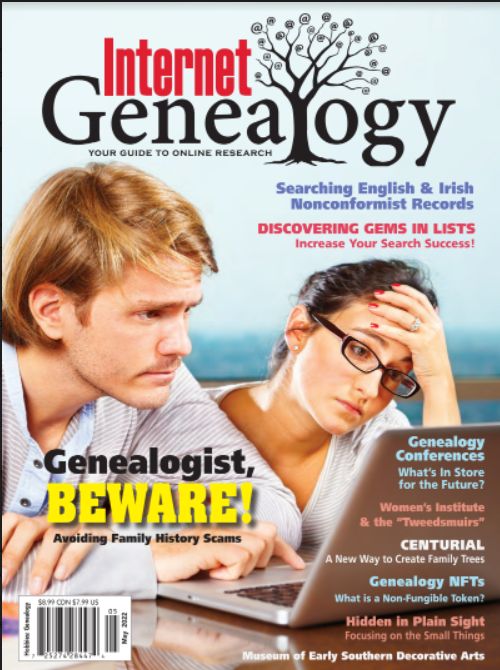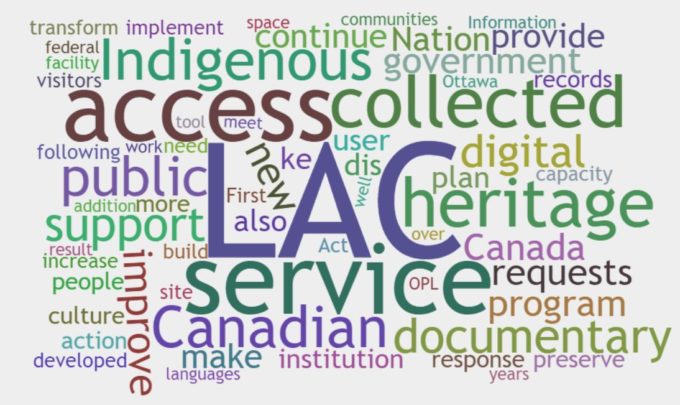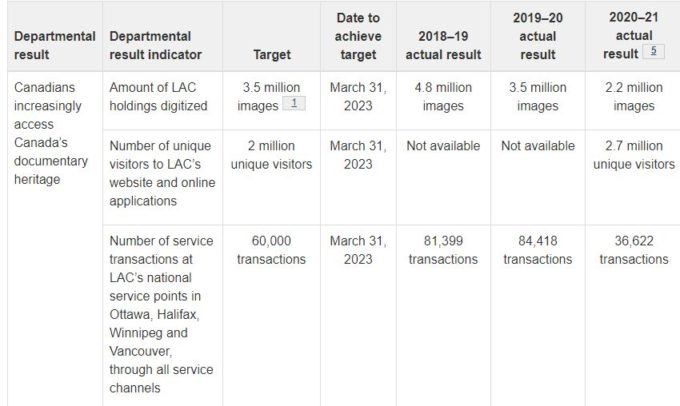 The April/May issue of Internet Genealogy is now in the mail and at newsstands. It’s packed with interesting articles.
The April/May issue of Internet Genealogy is now in the mail and at newsstands. It’s packed with interesting articles.
As usual, I turned first to the back page to read Dave Obee’s thought-provoking column. He bemoans the questions he did not ask relatives now gone, then muses “I still have time to tell the stories of my own generation – of my sisters and my cousins, and while I am thinking of it, of myself
as well.” Will he? If you’re thinking of how best to spend your time for the edification of future generations, is it in researching your ancestors or documenting your own life story?
You’ve probably experienced already how the information you gleaned from hours of work with old documents, or microfilmed copies, now appears with a quick search online. Is that trend going to continue? Yes. What won’t be retrievable is the stories stored in your memory. As a writer, Dave doesn’t appear to have the writer’s block excuse most of the rest of us do. Or perhaps we could fess up that when we explore family history it’s not for future generations, along with the excitement of citing your sources (in ESM approved fashion) but as a pleasant challenge for ourselves.
What’s on the other 53 pages?
Sue Lisk always has well written creative articles. This issue she tells us about a lesser-known Ontario resource, the Tweedsmuir Community History Books, and finding insight into earlier generations through scrapbooks and their poetry.
 The first article in the issue is English and Irish Nonconformist Records, by Michelle Dennis. Read it for the history and research resources available for those who did not follow the Established Church.
The first article in the issue is English and Irish Nonconformist Records, by Michelle Dennis. Read it for the history and research resources available for those who did not follow the Established Church.
Genealogy technology enthusiast Liza Alzo also has two articles. In Genealogy NFTs she discusses transitioning from family heirlooms to NFTs. Like cryptocurrencies, NFTs remain rather beyond my grade level. In The Future of Genealogy Conferences she points out that the traditional conference 50 minute presentation plus ten for questions is too much of a meal, especially for younger people growing up with YouTube, Twitter and TikTok. Then she speculates on the role of AI. Food for thought, especially for those of us stuck in the rut.
There’s much more: articles by Robbie Goor, Diane L. Richard, Christine Woodcock, David Norris, Karen L. Newman, and the first article in a promised regular column by Rick Voight about telling your family stories.


 Before you read the listing of the contents of the new issue, Family Tree
Before you read the listing of the contents of the new issue, Family Tree  Over 4,000 Catholic parish baptisms are added to the collection this week, bringing the total number of exclusive records up to 1.2 million. There are both transcripts and images of the original with additional information. Here’s full information about all the records available for the 37 parishes with additions.
Over 4,000 Catholic parish baptisms are added to the collection this week, bringing the total number of exclusive records up to 1.2 million. There are both transcripts and images of the original with additional information. Here’s full information about all the records available for the 37 parishes with additions. This latest release from
This latest release from 
 As researchers, we are most interested in LAC’s role in providing access to documentary heritage. The following is extracted from a table showing the planned results, the result indicators, the targets and the target dates for 2022–23, and the actual results for the three most recent fiscal years for which actual results are available.
As researchers, we are most interested in LAC’s role in providing access to documentary heritage. The following is extracted from a table showing the planned results, the result indicators, the targets and the target dates for 2022–23, and the actual results for the three most recent fiscal years for which actual results are available.
 Remember Library and Archives Canada at 395 Wellington? Perhaps access restrictions have kept you away for months, or even a couple of years.
Remember Library and Archives Canada at 395 Wellington? Perhaps access restrictions have kept you away for months, or even a couple of years. The April/May issue of
The April/May issue of